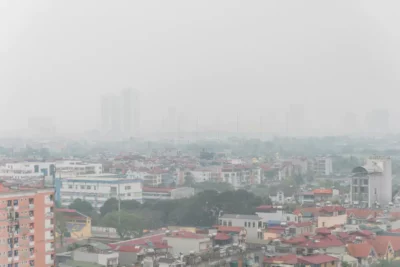The impact of COVID-19 on Myanmar’s real estate market

Since the first cases of COVID-19 was announced on 23rd March, the local economy, including the real estate industry, went into a rapid downward trend, especially due to the closure of borders, airports, public transport and blocked imports of building materials necessary for developer’s construction sites.
By April, all major cities including Yangon (the largest city) were completely locked own, which forced almost every business to transition to work from home, and the majority of SMEs, (especially real estate agents) either closed shop, downsized their headcount and stopped all subscription payments in readiness for a severe drop in revenue to their businesses.
In Q2 (April – June), the entire real estate market crashed. Small real estate agencies with little or no revenue, bunkered down for a forced recession. Myanmar has thousands of individual brokers (non-paying advertisers) and only 25 small real estate agencies that advertise around 50% of the properties on real estate websites. Ad revenues from this sector was already limited; with COVID – it dropped to near zero.
Although it looks like the Myanmar Real Estate market will remain stagnant until the end of 2020, ShweProperty’s experienced management team remains very confident and positive about the future.
ShweProperty also believes in strong partnerships. This year, the business forged an exclusive partnership with PropertyGuru for Myanmar Property Awards.
Continue reading at mmtimes.com/news/impact-covid-19-myanmars-real-estate-market.html
Recommended
Bangkok’s luxury real estate flourishes amid economic challenges
New luxury mega projects boost the top end of Bangkok’s market, but stagnancy reigns elsewhere due to weak liquidity and slow economic growth
Investors shift focus to suburban and regional markets as Australian urban housing prices surge
Investors are gravitating to suburban areas and overlooked towns as Australia’s alpha cities see skyrocketing demand and prices
Hanoi’s air pollution crisis: Balancing urban growth with environmental sustainability
Hanoi’s worsening annual toxic smog is highlighting the pressures of balancing sustainability with rapid economic growth
U.S. tariffs pose challenges to China’s housing market amid economic slowdown
Escalating US tariffs are expected to strain China’s slowing economic growth and dampen buyer confidence, creating trouble for the country’s housing market







